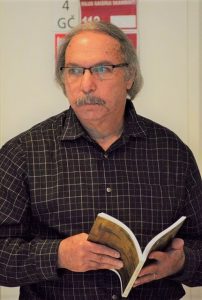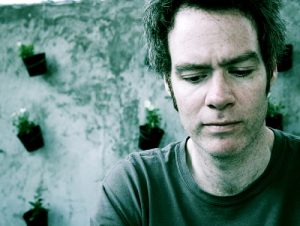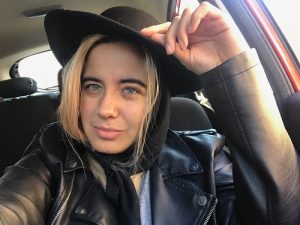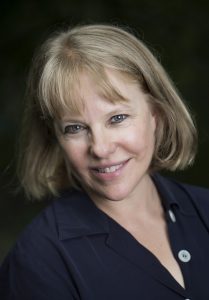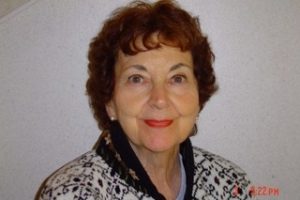Peace Is a Dream
by Martin Wiley

Pete was thin,
just muscle, dark skin and anger,
stuffed inside an ancient Iron Maiden The Number of the Beast t-shirt,
and he lived on the far side of town, in the apartments
for people who cleaned the big houses where
people like me lived. He led us through
shadows and into the park
—we would have followed him anywhere—
officially it was closed for the night, but that only meant
no one would notice we were there.
Harsh outlines from streetlamps, everything unfocused but
edges sharp—we headed for the swing-set, which had become,
for decades, the place for teenagers
out late. It was cleaned regularly
but the weeds along the fence were
a breeding ground
for broken glass,
used condoms, tiny vials,
plastic baggies. Then Pete nodded
to Danny, who pulled his flask
from his back pocket.
We drank while Pete rolled joints, the only sound
the creaking of those rusted swings.
On nights like these, when the air
teased the ability to become free and clear, when we
could spot the night sky if not
the stars, our future seemed fluid and visible, and we
could still dream
of connections
that mattered.
As a mixed-race child of the 80’s, Martin Wiley grew up both confronting and embracing a world that was as jumbled and confused as he was. His current work is an attempt to examine what it was to search for manhood in that time and place. A long-time poet and spoken word artist, for the past few years he had labeled himself a “recovering poet.”His children’s love of words has dragged him, mostly happily, off the wagon. After receiving his MFA from Rutgers-Camden, he remain in Philadelphia, working at Project HOME, being a dad and husband, and finding time, when possible, to write.
